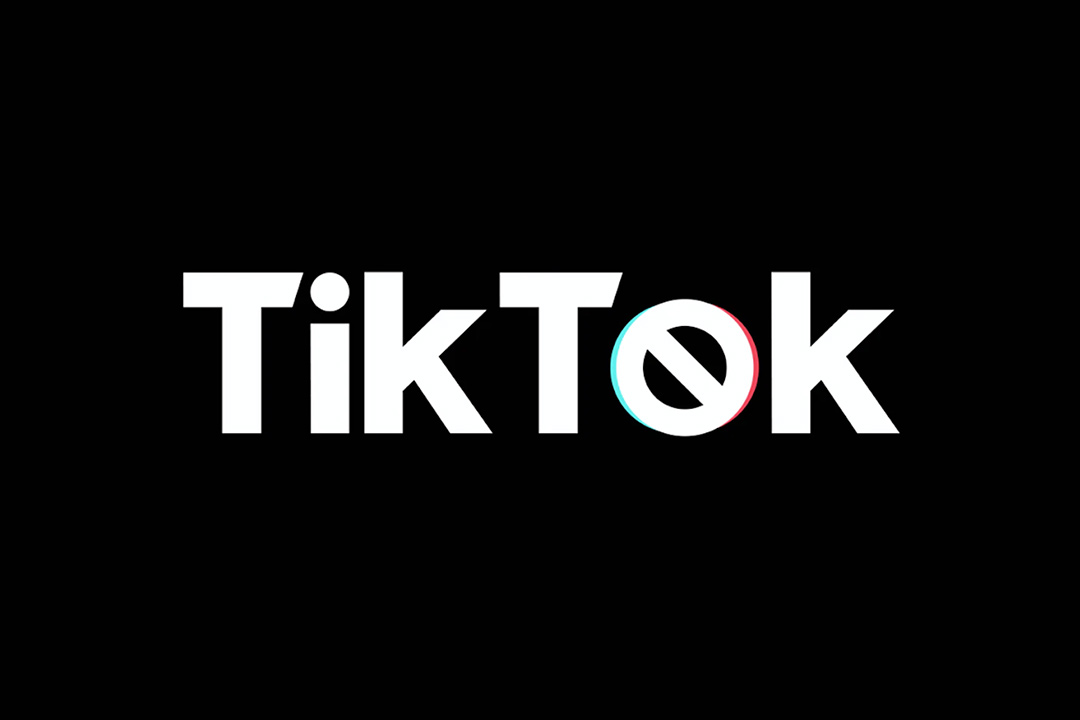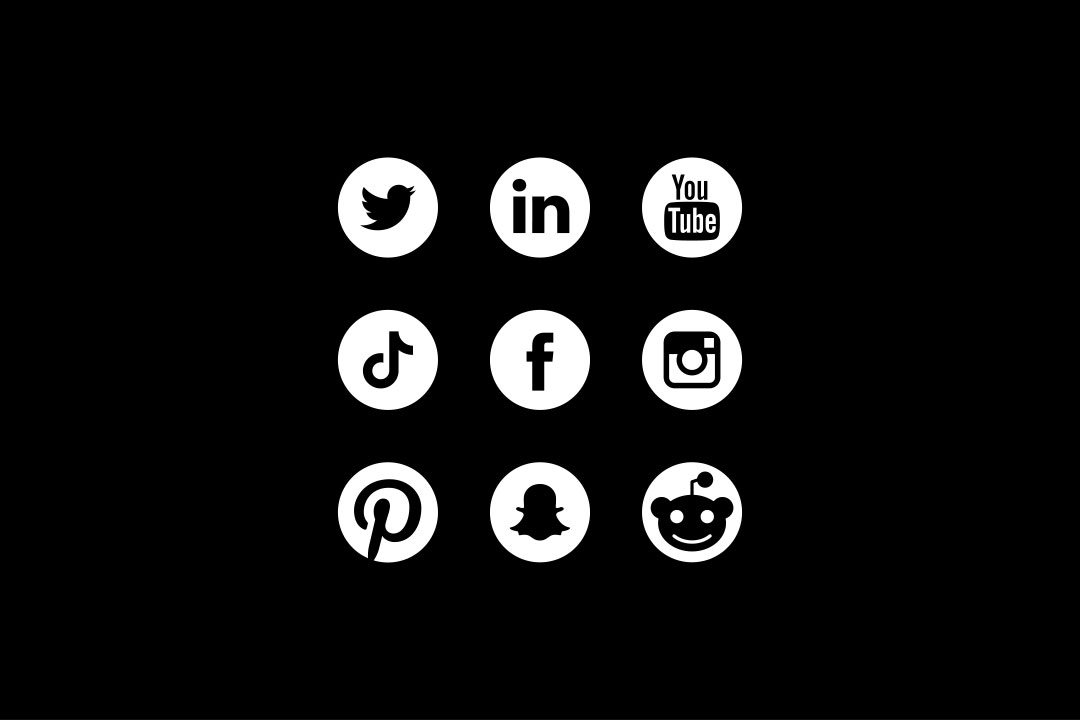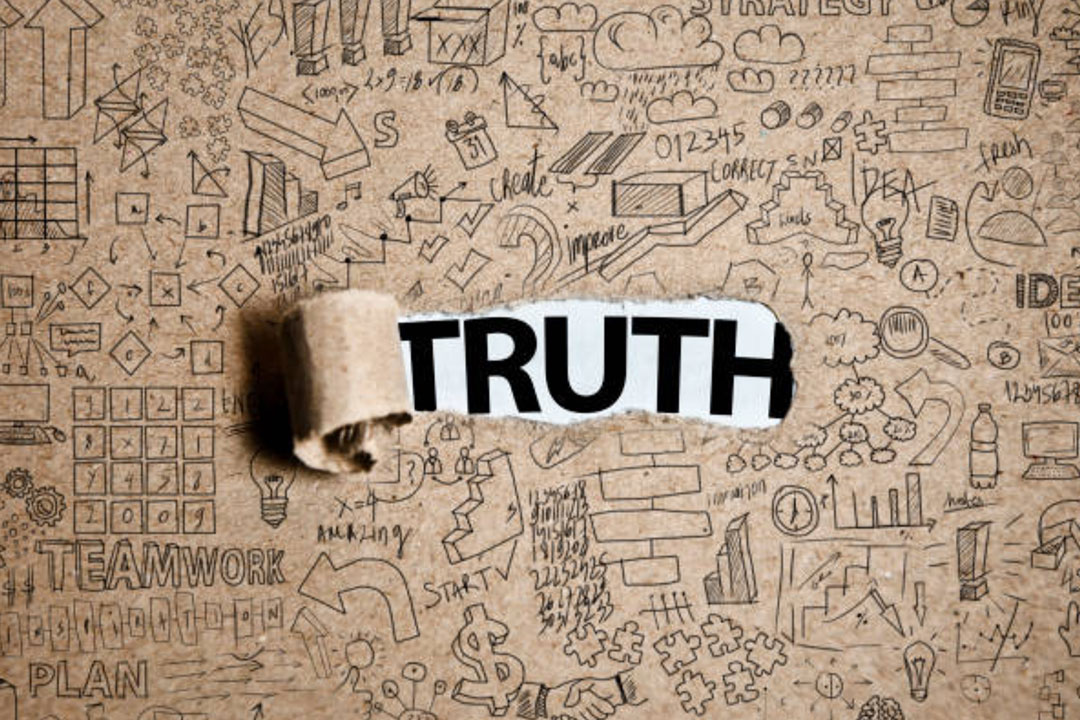Keeping up with the ever-changing social media landscape is hard enough, but adding a global pandemic, civil unrest, and an upcoming presidential election has made it more challenging than ever. To ease the burden, we’ve created a monthly recap of the most significant social media updates.
Here are the top 6 stories this month in social media: July 2020.
- President Trump says he will ban TikTok in the US – TikTok, a popular short-form video app, is owned by one of China’s biggest tech companies, ByteDance. In Q1, TikTok surpassed 2 billion global downloads after a record-setting 315 million installs – the most downloads any app has ever had in a single quarter. With tens of millions of US users, the platform’s Chinese ownership has raised concerns in the US about censorship and the potential for sharing user data with Chinese officials.
“As far as TikTok is concerned, we’re banning them from the United States,” Trump said to reporters on July 31.
However, during a press briefing on August 3, Trump revised his stance and announced that he would allow a “big company, a secure company, a very American company” to purchase the app instead of banning it. Trump also warned that TikTok will be “out of business in the United States” by September 15 if the company doesn’t reach a deal to sell by then. In order for the deal to go through, Trump added that the US government would have to get a “very substantial portion” of any sale price if Microsoft does buy TikTok from ByteDance.
A full ban would be a game-changer for the social media industry and threatens to disrupt the success of an app that has quickly risen from startup to one of the world’s most downloaded apps.
But even if Trump doesn’t issue a full ban, a government-forced sale would likely have negative consequences beyond TikTok’s parent company. As one of the few recent social media startups able to compete with tech giants like Facebook, weakening TikTok could further concentrate power among a few tech giants in the US. It’s important to note that earlier this month CEOs from Facebook, Google, Amazon, and Apple appeared in front of US lawmakers for antitrust hearings over concerns the companies are too big. But some experts say a TikTok sale to Microsoft makes a real antitrust movement against tech giants even less likely. Companies like Google or Facebook could credibly argue that TikTok is now an even fiercer rival to their business because it has Microsoft behind it. In 2019, Microsoft reported revenues of $125 billion – nearly twice as much as Facebook.
- Facebook Adds 100 Million More Users, Reports 11% Revenue Growth Amid COVID-19 – Despite Coronavirus, an advertiser boycott and an appearance before the US House Judiciary Committee over potential antitrust violations, Facebook has seen continued growth, as announced in their latest earnings report, with over 3 billion users worldwide across their “family of apps”. In terms of revenue, Facebook saw an increase of 11%, bringing in over $18 billion in Q2, beating analysts’ estimates.
- Snapchat Adds 9 Million More Daily Active Users in Q2 – Snapchat has also reported an increase in users in Q2. Snap had 9 million new daily active users for the quarter and is now up to 238 million DAU. Snapchat’s revenue has grown 17%, YoY, bringing in $454 million for the quarter.
- Pinterest Posts Significant Increase in Users in Q2, While Revenue is Impacted by COVID-19 – Pinterest now has over 400 million users worldwide, as the platform has also seen more usage during the pandemic. Globally, Pinterest has seen a 4% increase in YoY revenue in Q2, but is down 2% in US revenue from the same time last year.
- Twitter Adds More Users in Q2, but Sees Revenue Decline 19% – Twitter saw a 34% increase in users year over year, with an additional 186 million daily active users this quarter, as more people turn to the platform to stay up to date with the latest news. But unlike other social media platforms, Twitter’s overall revenue was down 19% for the quarter to $683 million. While it has seen “moderate recovery” in advertising demand, the ongoing impacts of COVID-19 have taken many advertisers out of the market, which in turn has hurt Twitter’s overall intake.
- Social engagement with retailers jumped 40% in Q2, study says – A study by Sprout Social found that retailers saw a 40% increase in engagement from Q2 in 2019. Retailers also reported a 72% increase in the average number of daily inbound messages in Q2 from a year earlier, as the coronavirus pandemic has led more consumers to shop at home during nationwide lockdowns.
Struggling to navigate the ever-evolving social media landscape? We’re here to help! Reach out to us for your social media needs.





